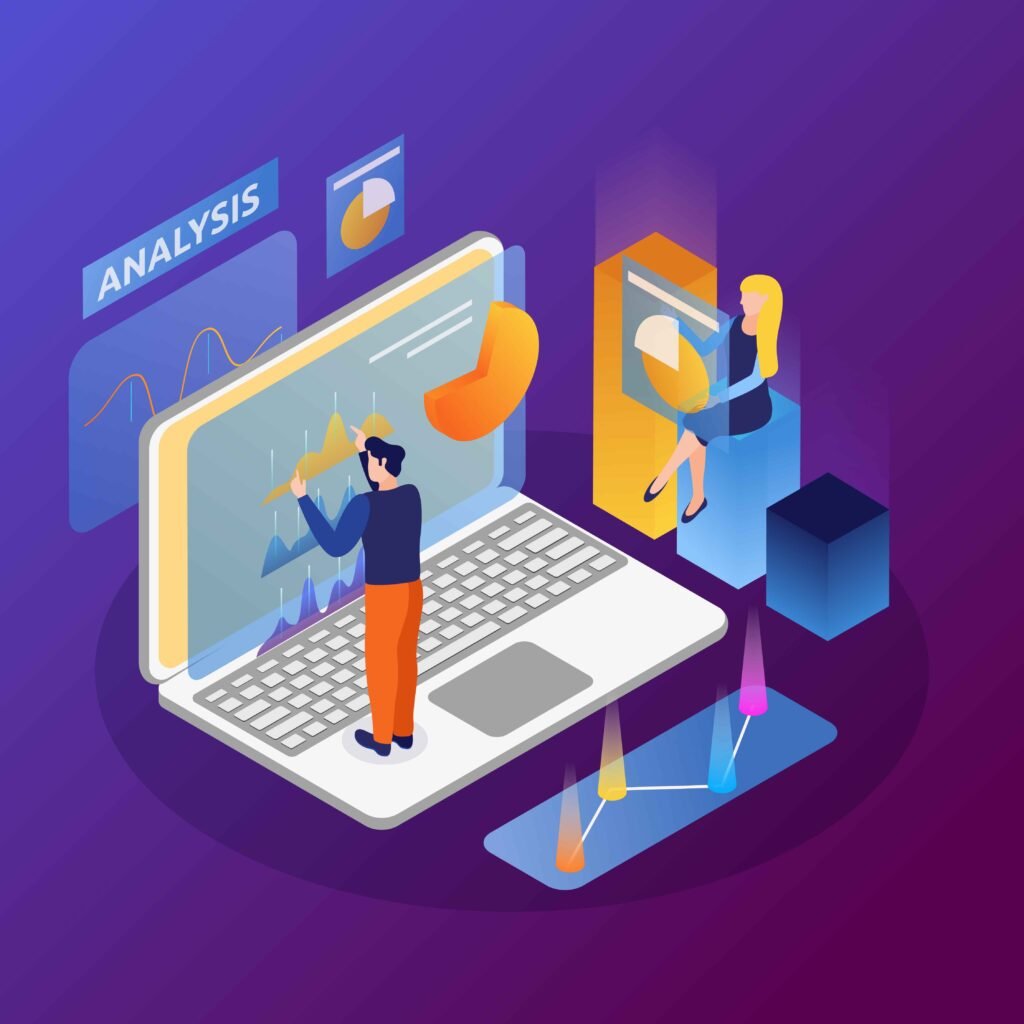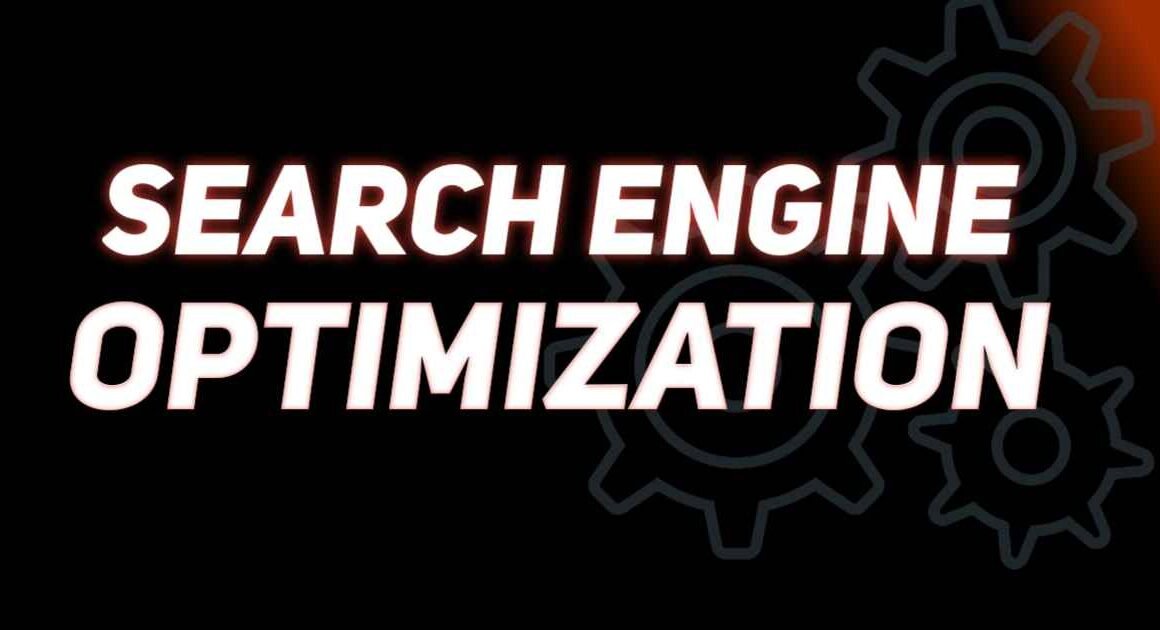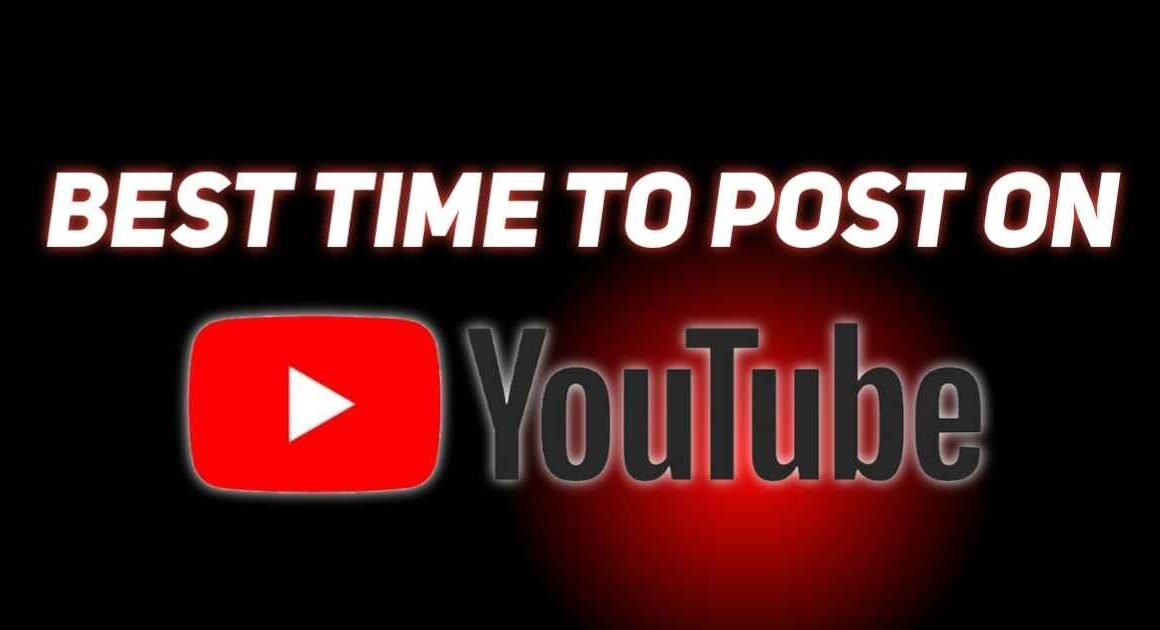Master the art of SEO in 2024 with our comprehensive guide. From keyword research to advanced tactics, discover expert tips and strategies to elevate your digital presence and unlock unparalleled success.
Table of Contents
- Introduction to SEO
- Keyword Research in 2024
- On-Page SEO Optimization
- Technical SEO
- Off-Page SEO Strategies
- Local SEO Tactics
- Voice Search and AI in SEO
- Measuring SEO Success
- Conclusion:
- Enhancing SEO with Paid Advertising
- Maximizing ROI through Paid Search
- Leveraging Display Ads for Brand Awareness
- Retargeting Strategies to Optimize Conversions
- Incorporating Video Ads for Engaging Content
- Harnessing the Potential of Native Advertising
- Tracking Performance and Optimization
- Balancing Organic and Paid Strategies
Introduction to SEO
- What is SEO?
SEO (Search Engine Optimization) is the practice of optimizing websites to improve their visibility and rankings on search engine results pages (SERPs). It involves various strategies and techniques to enhance organic (non-paid) traffic to a website. - Why is SEO important in 2024?
SEO remains crucial in 2024 as search engines continue to be a primary source of website traffic. With increasing competition online, effective SEO can help businesses stand out, attract relevant traffic, and improve their online presence.
- What are the main components of SEO?
The main components of SEO include keyword research, on-page optimization, technical SEO, content creation, link building, and user experience optimization. - What is the timeframe for observing results from SEO endeavors?
The timeframe for seeing results from SEO efforts can vary based on factors such as website authority, competition, industry, and the effectiveness of optimization strategies. Generally, it may take several weeks to months to see significant improvements in rankings and traffic.
Keyword Research in 2024
- Importance of Keyword Research
Keyword research is crucial in SEO as it helps identify the terms and phrases that users search for on search engines. By targeting relevant keywords, businesses can optimize their content to attract the right audience and improve their search engine rankings. - Tools for Keyword Research
Various tools are available for keyword research, including Google Keyword Planner, SEMrush, Ahrefs, and Moz Keyword Explorer. These tools provide insights into keyword search volume, competition, and related terms to inform content optimization strategies.
- How do I find the right keywords for my website?
To find the right keywords, start by understanding your target audience and their search intent. Use keyword research tools to identify relevant keywords with a balance of search volume and competition. Consider long-tail keywords and semantic variations to capture niche audiences. - Can I use long-tail keywords effectively?
Yes, long-tail keywords can be highly effective in SEO as they often have lower competition and higher conversion rates. By targeting specific, detailed search queries, businesses can attract more qualified traffic and improve their chances of ranking higher on SERPs.
On-Page SEO Optimization

- Title Tags and Meta Descriptions
- Title tags and meta descriptions are HTML elements that describe the content of a web page. Optimizing them involves incorporating relevant keywords, compelling language, and a clear call-to-action to improve click-through rates and visibility on search engine results pages (SERPs).
- Content Optimization
- Content optimization focuses on creating high-quality, relevant content that satisfies user search intent and incorporates targeted keywords naturally. This includes optimizing headings, body text, images, and internal linking to improve relevance and visibility in search results.
- How can I optimize my title tags and meta descriptions for SEO?
To optimize title tags and meta descriptions, include targeted keywords, compelling language that entices clicks, and a clear call-to-action. Ensure the length of title tags and meta descriptions aligns with search engine guidelines and displays effectively on SERPs. - What is the ideal length for meta descriptions in 2024?
While there is no strict character limit for meta descriptions, aim for concise descriptions that accurately summarize the content and encourage users to click. Generally, meta descriptions between 50-160 characters tend to perform well on SERPs.
Technical SEO
- Site Speed and Mobile Optimization
- Technical SEO focuses on optimizing website performance and user experience. This includes improving site speed, mobile responsiveness, and overall website functionality to enhance user satisfaction and search engine rankings.
- Schema Markup and Structured Data
- Schema markup is a type of structured data that aids search engines in comprehending the content of a webpage. By implementing schema markup, websites can enhance their visibility on SERPs and provide richer, more informative search results.
- What methods can I use to enhance the loading speed of my website?
Improve site speed by optimizing images, minifying CSS and JavaScript files, enabling browser caching, reducing server response time, and utilizing content delivery networks (CDNs) to deliver content more efficiently to users. - What is schema markup and how does it impact SEO?
Schema markup is a standardized format for providing structured data about a web page’s content to search engines. It helps search engines better understand the context and relevance of content, leading to enhanced visibility and richer search results, such as featured snippets and rich snippets.
Off-Page SEO Strategies
- Backlink Building in 2024
- Backlink building remains a crucial off-page SEO strategy in 2024. It involves acquiring links from external websites to your own, signaling to search engines that your website is authoritative and trustworthy. Focus on obtaining high-quality, relevant backlinks from reputable sources to improve your website’s authority and search engine rankings.
- Social Media and SEO
- Social media can indirectly impact SEO by increasing brand visibility, driving traffic to your website, and fostering engagement with your content. While social media shares and engagement do not directly influence search engine rankings, they can contribute to a positive user experience, which may indirectly benefit SEO efforts.
- Are backlinks still important for SEO?
Yes, backlinks remain an essential ranking factor for SEO. Quality backlinks from authoritative and relevant websites can significantly impact your website’s authority and visibility in search engine results. - How can social media affect SEO rankings?
While social media signals themselves are not direct ranking factors, social media activity can indirectly impact SEO by driving traffic to your website, increasing brand awareness, and amplifying your content’s reach. Engaging with your audience on social media can also lead to more shares and backlinks, which can positively impact SEO.
Local SEO Tactics

- Google My Business Optimization
- Google My Business (GMB) optimization is crucial for local SEO, especially for businesses with physical locations or those targeting local audiences. Claim and optimize your GMB listing with accurate business information, including address, phone number, business hours, and photos, to improve visibility in local search results.
- Local Citations and Reviews
- Local citations are mentions of your business’s name, address, and phone number (NAP) on external websites and directories. Consistent NAP information across various online platforms can improve your website’s local search rankings. Additionally, positive online reviews from satisfied customers can boost credibility and trustworthiness, further enhancing local SEO efforts.
- How can I improve my local SEO rankings?
To improve local SEO rankings, optimize your Google My Business listing, ensure consistent NAP information across online directories, and actively solicit and manage online reviews. Additionally, focus on creating locally relevant content and participating in local community events to boost local visibility. - Why are online reviews important for local SEO?
Online reviews are important for local SEO because they signal credibility, trustworthiness, and authority to both search engines and potential customers. Positive reviews can improve your business’s visibility in local search results and influence consumers’ purchasing decisions.
Voice Search and AI in SEO
- Optimizing for Voice Search
- With the increasing prevalence of voice-enabled devices and virtual assistants, optimizing for voice search is becoming essential for SEO. Strategies include targeting long-tail keywords, providing concise and conversational content, and structuring content to answer common voice search queries.
- AI’s Impact on SEO Strategies
- Artificial intelligence (AI) plays a significant role in shaping SEO strategies in 2024. AI-powered algorithms and tools help search engines understand user intent, personalize search results, and detect and penalize spammy or low-quality content. SEO professionals need to adapt their strategies to align with AI-driven changes in search engine algorithms.
- How can I optimize my website for voice search?
To optimize for voice search, focus on targeting long-tail keywords and natural language queries, optimizing for local search intent, providing concise and direct answers to common questions, and ensuring your website’s technical aspects, such as page speed and mobile responsiveness, are optimized for a seamless user experience. - How does AI affect SEO in 2024?
AI impacts SEO in various ways, including improving search engine algorithms for better understanding of user intent, personalizing search results based on user behavior and preferences, and detecting and penalizing low-quality or spammy content. SEO professionals need to leverage AI-powered tools and algorithms to enhance their strategies and adapt to evolving search engine trends.
Measuring SEO Success

- Key Metrics to Track
- Key metrics to track in SEO include organic traffic, keyword rankings, backlink profile, conversion rates, and engagement metrics such as bounce rate and time on page. These metrics aid in assessing the efficacy of SEO endeavors and pinpointing areas that need enhancement.
- Tools for SEO Analytics
- Various tools are available for SEO analytics, including Google Analytics, Google Search Console, SEMrush, Moz, Ahrefs, and more. These tools provide valuable insights into website performance, keyword data, backlink analysis, and competitor research, enabling SEO professionals to make data-driven decisions.
- What are the most important metrics to track in SEO?
The most important metrics to track in SEO include organic traffic, keyword rankings, backlink profile, conversion rates, and engagement metrics such as bounce rate and time on page. These metrics provide insights into website performance, visibility, and user engagement. - How can I measure the ROI of my SEO efforts?
Measuring the ROI of SEO efforts involves tracking metrics such as organic traffic growth, keyword rankings improvement, leads generated, and revenue attributed to organic search. By comparing the costs of SEO initiatives with the resulting benefits and revenue generated, businesses can assess the ROI of their SEO investments.
Conclusion:
Enhancing SEO with Paid Advertising
Explore how integrating paid advertising strategies such as Google Ads or social media ads can complement your SEO efforts and boost visibility and conversions.
Maximizing ROI through Paid Search
Discover how investing in paid search campaigns can yield immediate results and synergize with your organic SEO efforts to drive targeted traffic and generate leads.
Leveraging Display Ads for Brand Awareness
Learn how display advertising can amplify your brand’s visibility across the web, complementing your SEO strategy and fostering brand recognition among your target audience.
Retargeting Strategies to Optimize Conversions
Uncover the power of retargeting campaigns in re-engaging website visitors and converting leads into customers, augmenting the effectiveness of your SEO-driven traffic.
Incorporating Video Ads for Engaging Content
Explore the potential of video advertising to captivate audiences and convey your brand message effectively, while also supporting your SEO efforts through enhanced user engagement and dwell time.
Harnessing the Potential of Native Advertising
Discover how native advertising seamlessly integrates with content across platforms, fostering a non-disruptive user experience while driving traffic and amplifying your SEO impact.
Tracking Performance and Optimization
Learn how to track the performance of your advertising campaigns, analyze metrics, and optimize strategies to achieve maximum ROI and alignment with your overall SEO objectives.
Balancing Organic and Paid Strategies
Find the right balance between organic and paid advertising strategies to achieve a holistic approach to digital marketing, maximizing visibility, and driving sustainable growth.




